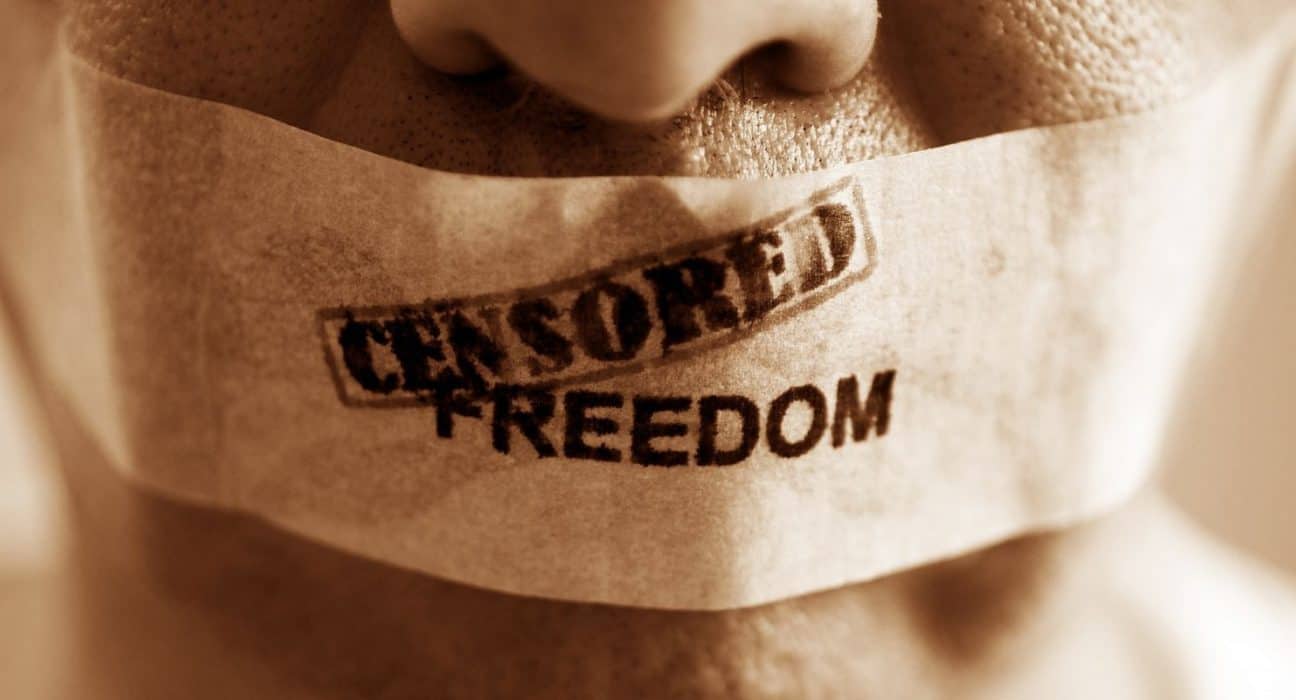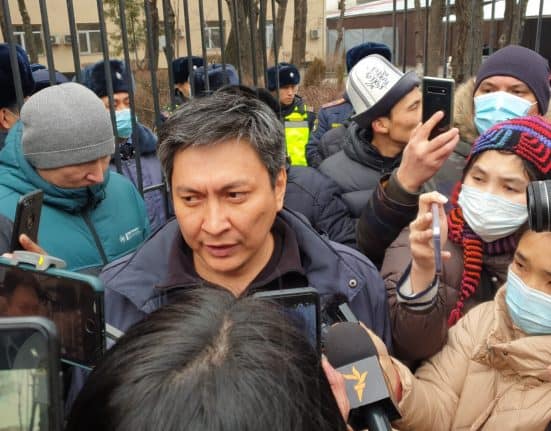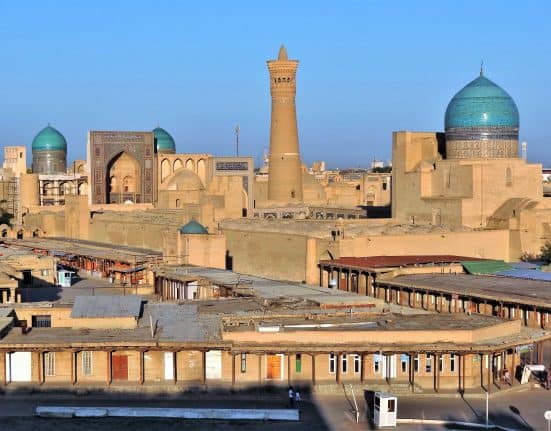The Public Foundation “Media Policy Institute” (MPI), in the period from October 2020 to March 2022, monitored the situation with freedom of speech in Kyrgyzstan.
The authors of the study concluded that in parallel with the use of the power apparatus, intimidation of activists and journalists, online harassment by controlled troll farms, the state continues to tighten the legal framework for the dissemination of information and media activities.
So, on July 28, 2021, Jogorku Kenesh [Parliament] adopted the scandalous bill “On protection from inaccurate (false) information”.
“The law, apparently directed against criticism and critics of the authorities, contains a number of vague and overly broad wording, giving the authorities the right to arbitrarily block access to Internet sites without a court order. Obviously, if this law is enforced, the situation with freedom of speech will become more complicated, because any information can be required to be recognized as fake,” the authors of the study note.
The Media Policy Institute believes that the law was adopted in violation of the Constitution and the rules of Parliament. For the first time, the bill was rejected on June 30, 2021, but after the direct intervention of President Japarov and his preventive conversation with deputies, the draft law, in violation of the procedures, was again put to the vote and adopted. According to the regulations, the deputies could reconsider the document only six months later, that is, in January 2022.
On August 23, the President signed the law and it came into force. Soon the State Committee for National Security warned journalists ‘not to divert the attention of the special services to the refutation of fakes’.
After that, the media received letters from politicians suspected of corruption, who referred to this law and demanded that articles mentioning them be removed. Similar demands with reference to this law began to come to the media from private companies, although there are still no mechanisms for implementing the law.
Only on February 21, 2022, the Ministry of Culture published a draft resolution of the Cabinet of Ministers aimed at implementing the provisions of the Law of the Kyrgyz Republic “On protection from inaccurate (false) information”.
“At the suggestion of the Ministry, a new service under the Ministry of Digital Development of the Kyrgyz Republic should become the responsible body, which will be able to block web resources at the request of applicants without a court decision. The Media Policy Institute points out that the adoption of this by-law, allegedly aimed at combating the spread of false and inaccurate information on social networks, is an attempt to create a procedure for blocking content objectionable to the authorities in an administrative manner and without a court decision,” the study says.
The authors of the document emphasize that the proposed mechanism is a threat to freedom of speech and freedom of activity of independent media, since the restriction of access to information will be made by the decision of the authorized body on the basis of a citizen’s application within 24 hours.
Another initiative that strengthens state control in the media sphere is a draft law on changing the status of the Public Television and Radio Corporation to state.
This bill also provides for the abolition of the Supervisory Board of the Corporation, so that the CEO is appointed directly by the President. This legislative initiative comes directly from President Sadyr Japarov, who believes that the Public Television and Radio Corporation doesn’t sufficiently assert the interests of the state.
The Media Policy Institute published an appeal from the media community, which was signed by 15 media, journalists and editors. They asked the Ministry of Culture to withdraw the bill “On the Kyrgyz TV and Broadcasting Corporation”. The media community believes that this will entail ‘the exclusion of the institution of public control over the activities of the TV channel’. They proposed, on the contrary, to amend the current law on the work of the Public Television and Radio Corporation, ‘providing protection from political bias and adequate funding to guarantee the independence of the public broadcaster’. However, this appeal wasn’t taken into account; the bill was adopted in its original version in the third reading on April 6, 2022.
The Ministry of Internal Affairs didn’t stand aside either. It has developed a draft law “On counteracting extremism”, in which one of the signs of extremism is ‘an ideology aimed at achieving anti-constitutional actions’. At the same time, there are no clear interpretations of the concepts of extremism, ideology, anti-constitutional actions, which, in theory, can be used to close down the media that criticize the authorities.
“In addition, one of the provisions of the proposed bill directly affects the freedom of the press, namely, it states that the presence of signs of extremism in the activities of the media may become the basis for the termination of their activities,” the Media Policy Institute believes.
Another controversial initiative is planned in the Presidential Administration. According to media reports, the authorities plan to classify the declarations of officials and civil servants under the pretext of the personal secrecy of the declarants, and liquidate the previously submitted reporting documents. This draft law hasn’t yet been presented for public discussion, but if this draft is adopted, one of the mechanisms for combating corruption will be eliminated, since now the declaration helps journalists find mansions and businesses of civil servants hidden from the public.
It’s noted that Kyrgyzstan is the only country in Central Asia that makes excerpts from the declarations of high-ranking officials public. And although the state has already reduced the volume and quality of disclosed data over the years, journalists still found use for them.
Municipal administrations are also trying to restrict freedom of speech and expression. At the end of March 2022, the City Hall of Bishkek adopted a decree prohibiting employees of the municipality and subordinate structures from responding and sharing publications on social networks, especially if the posts are critical of the authorities.
The grounds are ‘possible adverse consequences for the state apparatus and sustainable development of the country’, ‘overshadowing the positive plans for the implementation of state policy’.






